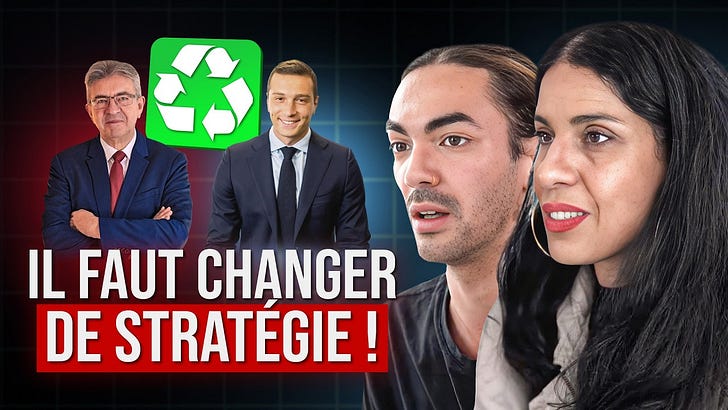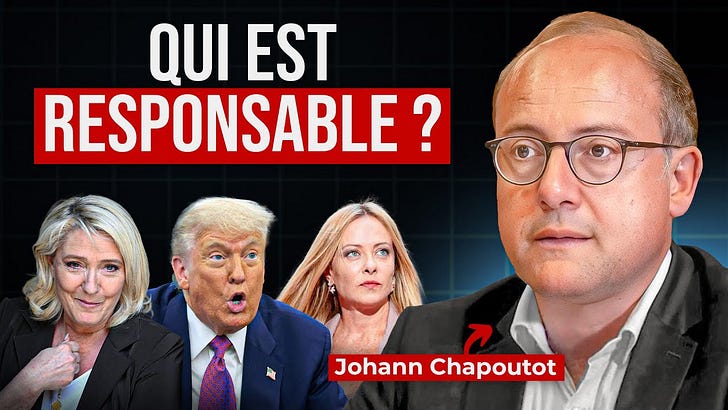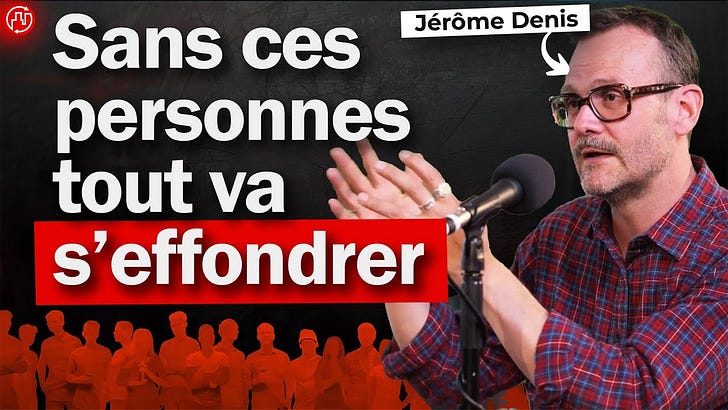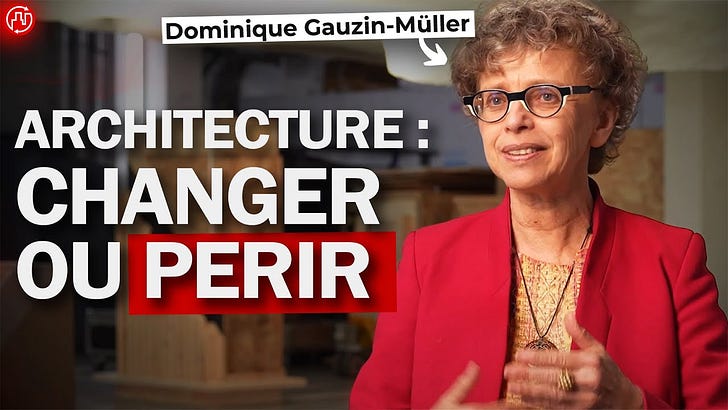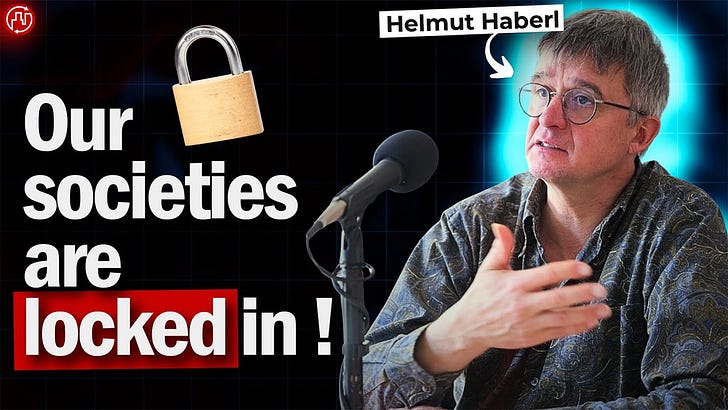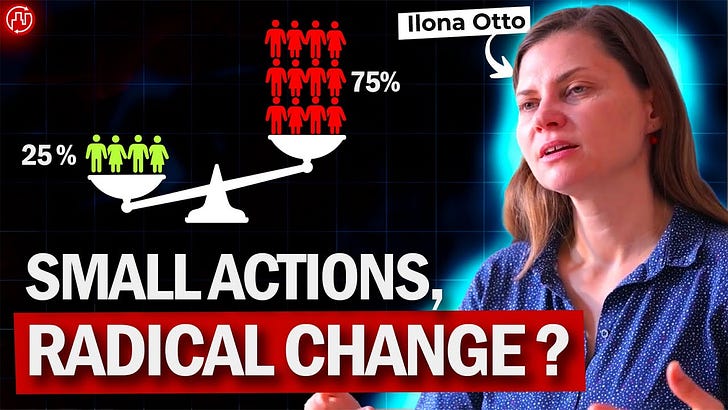💻 Today we will talk about the urgent need to develop robust models to guide our policies and actions towards a more safe and just future for humans and the living world. While there is a consensus that we have crossed a multitude of planetary boundaries and we must reduce our emissions to net-zero by 2050 to stay within some of these boundaries, the current models and their associated policies can neglect local and global social and biophysical externalities as well as their trade-offs. This leads today to rather technopositive policies which underestimate impacts and overestimates their efficiency.
🪐 So how can we build more robust models that capture the complex interactions between the socio-economic sphere and the biophysical sphere enabling policymakers and civil society to test the impacts bold policies such as Universal Basic Income, 100% Renewable Energy, Working Time reduction, and even confront the impacts of Degrowth vs Green Growth worldviews?
🎓 To help us better understand the importance of these models and how to use them I have the pleasure to welcome Íñigo Capellán Pérez, a researcher at the Group of Energy, Economy and Systems Dynamics of the University of Valladolid. Íñigo’s research focuses on the analysis and modelling of energy-economy-environment systems. He is the scientific coordinator of the Horizon 2020 project LOCOMOTION. In fact, this episode is done through a collaboration with the European Environmental Bureau which is also a partner of the project. More details on the project can be found here https://www.locomotion-h2020.eu/.
=== Chapters ===
00:00:00 Introduction
00:07:47 1-MODELING
00:12:19 Policy-making with models
00:16:37 Assumption 1: Non-negociable growth
00:17:27 Assumption 2: The world is self-optimizing
00:18:05 Assumption 3: Price is a drive
00:18:44 Assumption 4: Domain blindness
00:19:33 Assumption 5: Energy abundance
00:20:07 Assumption 6: No climate-change impact
00:25:36 2-THE WILIAM MODEL
00:30:56 Novelty 1: Materials module
00:40:53 Novelty 2: Biophysical limitations
00:43:24 Novelty 3: Time resolution
00:44:38 Novelty 4: Hydrogen
00:47:46 Novelty 5: Behavioral aspects
00:51:00 3-USING THE MODEL
01:06:58 CONCLUSION
=== Books ===
- Limits to Growth: The 30-Year Update (2004), Donella Meadows et al.
- Collapse (2005), Jared Diamond
- Thinking in Systems (2008), Donella Meadows
- Mutual Aid (1902), Peter Kropotkin
=== Vocabulary index ===
- IAM: Integrated Assessment Model (Socio-ecological models to help policy making)
- GEEDS: Energy, Economy and Systems Dynamics group (Univ. Valladolid)
- LOCOMOTION: European project to model the transition to low-carbon and sustainability (GEEDS' current project)
- WILIAM: “Within Limits” Integrated Assessment Model (LOCOMOTION project's model)
- MEDEAS: Modeling the renewable energy transition in Europe (GEEDS' previous project)
=== Links to the episode ===
👀 Youtube:
👂 Spotify:
#IAM #greengrowth #degrowth #modeling





